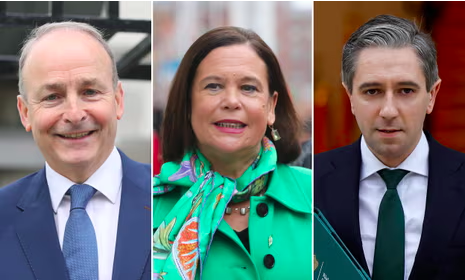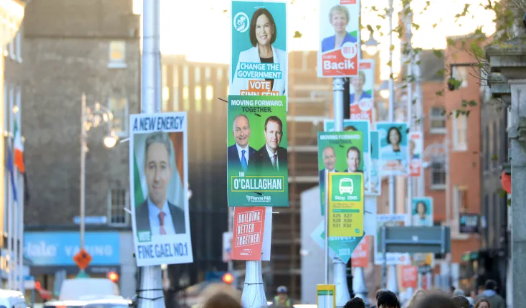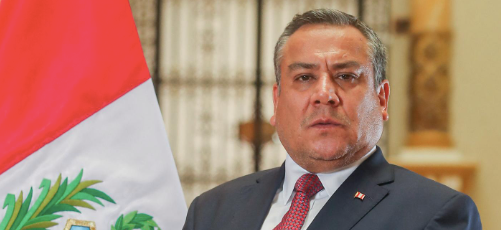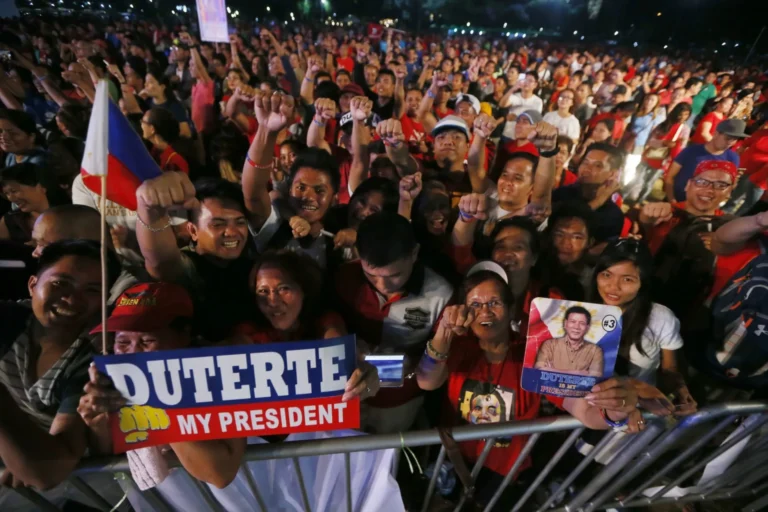
29 November, The sun rises and the day of change arrives on the island of Ireland. Irish General Elections 2024 are here. As Ireland heads to the polls today for the 2024 general election, the race is now narrowed to three primary parties striving for dominance: Fine Gael (FG), Fianna Fáil (FF), and Sinn Féin (SF). Each of these is powerful in its ways, leading to a neck-to-neck competition in the general elections. It is upon the voters if they are read to unsee the weaknesses of their favored party and support them. Just two days before election day Fianna Fáil and Fine Gael rule out coalition with Sinn Féin. drastic change makes things difficult are far more unpredictable. In this prediction, we will be looking at the ideologies, strengths, and weaknesses of. the 3 primary parties which will give us an implication of who might win the elections.

Fine Gael
Fine Gael (FG), led by Simon Harris is a center-right political party in Ireland, aligned with the European People’s Party. Over the years the party has formed various alliances. The party is pro-Ireland, it has a strong belief in the economic liberalization of the country becoming contradictory to its traditional rival Fianna Fail.
Strengths
- The party formed a government between 1944 and 1977 along with the legalization of divorce around 1944, they know the country in and out. This allows them a long-standing experience and a pro-business stance.
- Achievements under their tenure include economic growth and solid foreign investment.
Weaknesses
- Recent polling shows a decline in support, reflecting voter fatigue due to their leadership of over a decade.
- Rising Controversies and dissatisfaction with housing policies and health services have slashed their reputation
Fianna Fail
Fianna Fáil (FF), led by Micheál Martin, is a centrist political party and one of Ireland’s oldest and most influential parties. Established in 1926, as a Republican party commonly known as conservative, along with being described as Christian democratic, liberal, or ideologically ambiguous. Historically, FF has led several governments, contributing to major milestones like Ireland’s early economic modernization and social reforms.
Strengths
- A centrist platform that appeals to traditional voters, particularly in rural communities. Evident in 2015 when the Fine Gael/Labour government held a referendum to allow gay marriage under the constitution.
- Their image has become pragmatic as stabilizing in contrast with their coalition with FG.
Weaknesses
- Faces struggle to differentiate themselves from FG due to coalition governance.
- Voter fatigue with gradual progress on social issues, specifically housing, has also affected their image
- No longer in coalition with FG.
Sinn Fiel
Sinn Fiel led by Mary Lou Mcdonald, follows a democratic socialist ideology. Founded in 1906 is also experienced and historically linked to the movement for Irish independence and the unification of Ireland. Over recent years, it has transformed into a political force, emphasizing progressive policies on housing, healthcare, and social equality. SF’s appeal is specifically strong among younger voters and those disillusioned with traditional parties. As it continues to address systemic issues like homelessness and healthcare inequities.
- Strengths
- Growing support among the younger voters and those frustrated with the traditional parties.
- Housing, healthcare, and policies calling for Irish unity all sound appealing as one way of achieving structural change for some.
- Polls show SF as the fastest-growing party in recent months, with an energized base
Weaknesses
- There are always some concerns about past affiliations with the IRA, especially by older voters.
- This raises uncertainty about whether they can lead if allowed to.
Final Implication
There are five parties with wide support from the voters; Fine Gael, Fine Gael, Sinn Féin, and a few other minor parties along with some independents. It is said that Fianna Fail is steady in polls; however, Sinn Féin says it has the power but will probably not come to power unless the other opposition parties play against it. The most probable result is going to be the same failed alliance of Gael-Fianna, probably with a small fraction of independents making up the King’s Defenders.




